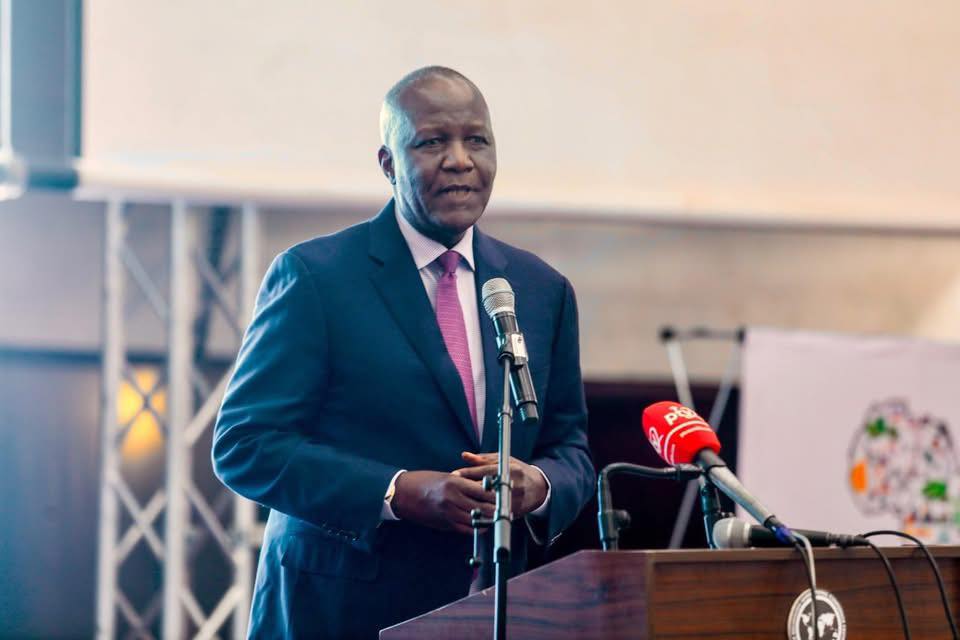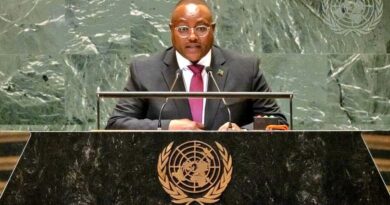President Hichilema Urges Africa to Build Inclusive, Future-Ready Skills for Industrial Growth
President Hakainde Hichilema has urged African leaders to prioritise inclusive and future-ready skills development as a driver of industrial growth, warning that the continent’s economic future hinges on decisions made today.
Opening the Industrial Skills Week for Africa (ISWA 2025) in Lusaka through Technology and Science Minister Felix Mutati, President Hichilema outlined three urgent priorities: inclusivity, future-readiness, and entrepreneurship. The conference was held under the theme “Powering Africa’s Industrial Future: Skills for Innovation, Growth, and Sustainability.”
He highlighted Africa’s demographic boom, with the working-age population projected to surpass one billion by 2035, as both a potential asset and a challenge. “Skills must be inclusive,” he said, stressing the need to place women, youth, and persons with disabilities at the centre of Africa’s transformation. “Empowering them is not just about equity, it’s about unlocking Africa’s full potential.”
The President called for investment in digital transformation, green jobs, and frontier technologies such as artificial intelligence, renewable energy, biotechnology, and smart manufacturing. He also highlighted the importance of reskilling workers in traditional sectors like mining to keep pace with the green economy.
He emphasised the urgency of entrepreneurial skills, warning that formal job creation alone cannot absorb Africa’s youth. “Not every graduate will find employment, but every graduate should be empowered to create opportunities,” he said, citing Zambia’s forthcoming Start-up and Innovation Bill as an example of efforts to strengthen entrepreneurship ecosystems.
Minister of Labour and Social Security Brenda Tambatamba, represented by Permanent Secretary Zechariah Luhanga, echoed the President’s call, stressing that only coordinated efforts between government, industry, academia, and development partners would create a resilient workforce.
AUDA-NEPAD Chief Executive Officer Nardos Bekele-Thomas also cautioned against reliance on resource-driven growth models, noting that they had proven inadequate for 21st-century challenges.
She called for hands-on training, closer collaboration between industry and training institutions, and stronger labour-market data to address the continent’s persistent skills mismatch.
The forum concluded with a call for bold partnerships to ensure Africa’s industrial future is built on skills, innovation, and home-grown solutions.



